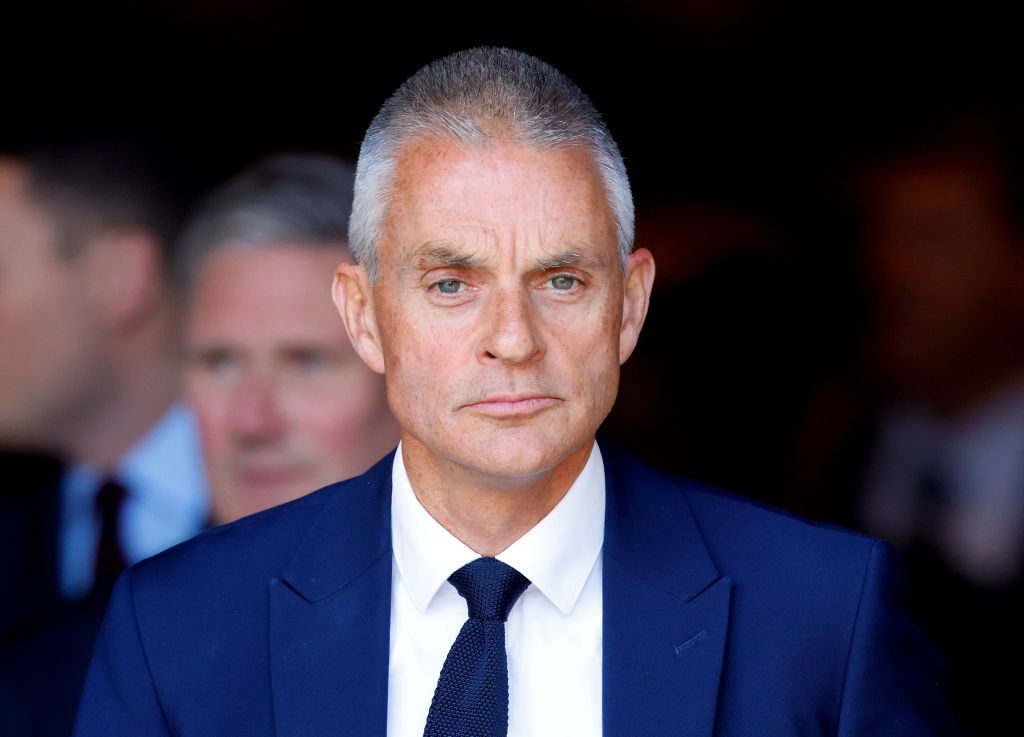The European Union has reached an agreement on the bloc’s political leadership for the next five years – and in the process again demonstrated that ineptitude is no barrier to promotion.
The 27 leaders of the EU have reappointed Ursula von der Leyen as president of the European Commission. Estonian Kaja Kallas is the High Representative for Foreign Affairs and Security Policy and António Costa has been nominated as president of the European Council.
The nominations of von der Leyen and Kallas must be ratified by the European Parliament next month but Costa, the former Socialist prime minister of Portugal, has been endorsed by his peers and will take office on 1 December.
Kallas and Costas have been mired in scandal in recent months. There were calls for the Estonian PM to resign last year when it was revealed her husband still had business interests in Russia, despite her demands that companies in Estonia stop operations in Russia. Kallas told the Estonian parliament she had no knowledge of her husband’s activities.
Costa did resign his position as PM last November after police raided his official residence as part of an investigation into a corruption scandal involving concessions awarded for lithium mines and hydrogen production.
Although he has yet to be charged with any crimes Costa – who denies any wrongdoing – remains under investigation. One might have thought it premature to appoint him to such a position, but he is said to be well-liked among several heads of state, particularly Emmanuel Macron.
It was the French president who helped von der Leyen secure her job as commission president five years ago. Many in Germany were not sad to see her leave her position as defence minister as she was widely regarded as ‘inadequate and inappropriate’.
Like Costa and Kallas, there was a whiff of scandal hanging over von der Leyen in the run-up to her appointment in 2019; in her case it involved the awarding of defence contracts to outside consultants.
German chancellor Olaf Scholz and Macron were among the leaders who on Thursday hailed the appointments. Offering his congratulations, the president of France declared ‘we are choosing the experience and reflection of the political balances of our Union, in the service of our strategic agenda.’
From Giorgia Meloni, however, there was only cold fury. The Italian Prime Minister was sidelined during the negotiations. The nominations were agreed in a video conference involving Macron, Scholz, Poland’s Donald Tusk, Greece’s Kyriakos Mitsotakis, Pedro Sanchez of Spain and Holland’s Mark Rutte.
Meloni’s EU group, the Europeans Conservative and Reformists (ECR), were the clear winners of the recent European elections, taking 21 seats, more gains than any other group. They are now the third largest group in Brussels with 83 seats; von der Leyen’s centre right European People’s party (EPP) remains the biggest group with 188 (though they won only one seat in the elections) with the left-wing Progressive Alliance of Socialists and Democrats on 136 (having lost 12 seats in the elections).
The centrist Renew Group – to which Kaja Kallas, Macron and Rutte belong – lost 22 seats and is now smaller than Meloni’s ECR group with only 75 seats.
One can therefore understand Meloni’s rage. She voted against the nomination of Costa and Kallas, and abstained on von der Leyen’s appointment. ‘The proposal put forward by the [European] People’s party, the Socialists and the Liberals for the new European summits is wrong in both method and substance.’ she Tweeted. ‘I have decided not to support it out of respect for the citizens and the indications that came from these citizens during the elections.’
In effect the nominations have ensured the progressive left governance of the EU for another five years. The EPP may claim to be centre-right but they are firmly in the centre, partial to migration and all the fashionable dogmas. Even some of the EPP’s members have had enough. François-Xavier Bellamy, European leader of the French Republican party, refused to support von der Leyen’s re-selection because ‘she has chosen Macron as her ally’.
It is no surprise that Meloni voted against the appointment of Costa, whose father was a well-known communist writer. Leaving aside his legal imbroglio, Costa is proudly pro-immigration.
At the height of the migrant crisis of 2015-16, no European leader was more enthusiastic about welcoming migrants than Costa. He wanted Portugal to be ‘an example’ to the rest of the continent and he criticised a ‘Europe that closes its borders to block access to refugees’. In 2018 Costa declared that: ‘We need more immigration and we won’t tolerate any xenophobic rhetoric.’
One might consider it imprudent to appoint a man with such views when mass immigration is one of the issues that most troubles Europeans. But when has Brussels has ever shown much interest in what the people think? It’s just jobs for the boys, and the girls, who think correctly.








Comments